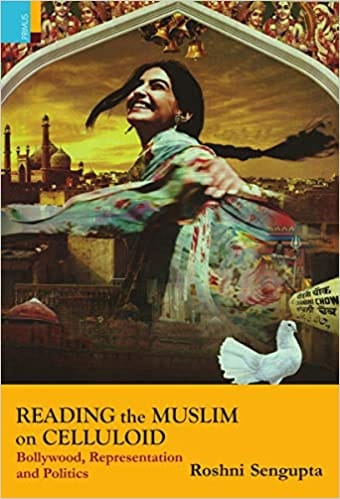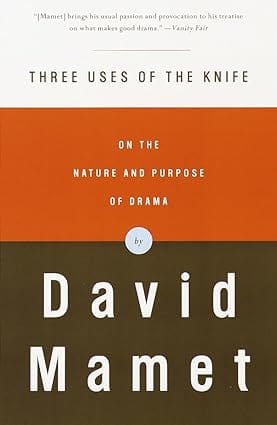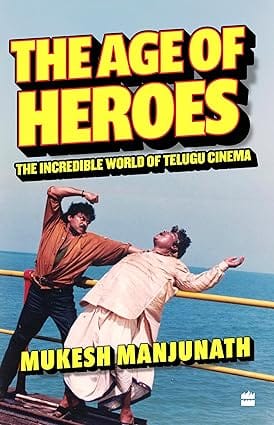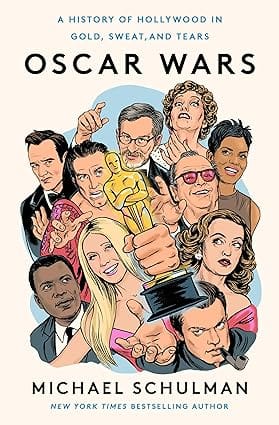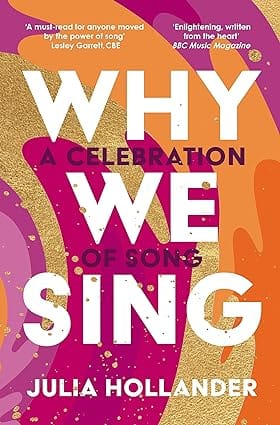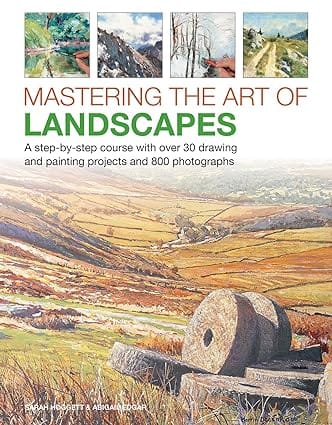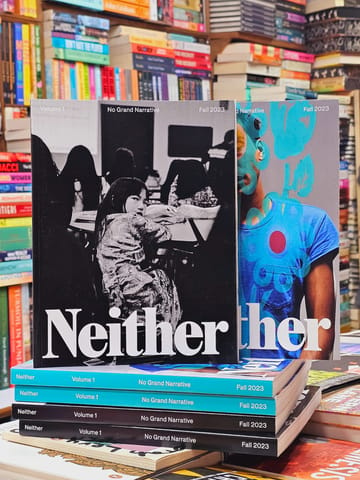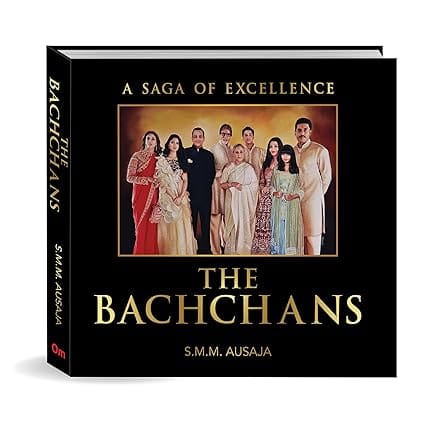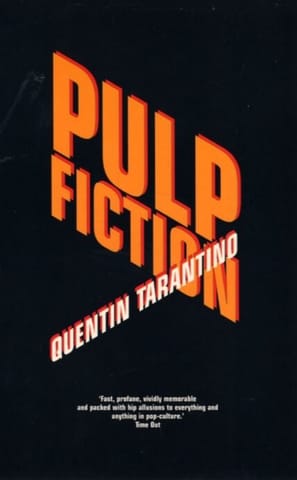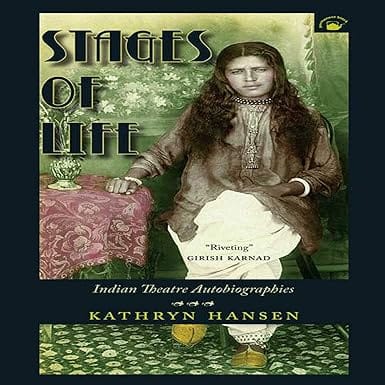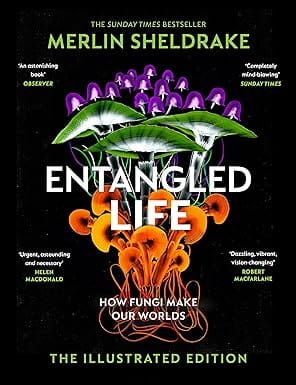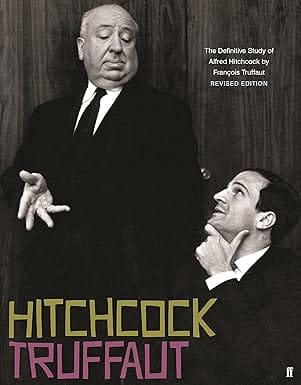WELCOME TO MIDLAND BOOK SHOP!
SHOP FOR
-
Contemporary Fiction
- Contemporary Fiction
-
Children
- Children
-
Comics & Graphic Novels
- Comics & Graphic Novels
-
Non-Fiction
- Non-Fiction
-
Fiction
- Fiction
Shop No.20, Aurobindo Palace Market, Hauz Khas, Near Church +91 9818282497 | 011 26867121
110016
New Delhi
IN
Midland The Book Shop ™
Shop No.20, Aurobindo Palace Market, Hauz Khas, Near Church +91 9818282497 | 011 26867121
New Delhi,
IN
+919871604786
https://www.midlandbookshop.com/s/607fe93d7eafcac1f2c73ea4/6468e33c3c35585403eee048/without-tag-line-480x480.png"
[email protected]
9789389850871
637e12b2edc1e890da7b8a24
Reading The Muslim On Celluloid Bollywood, Representation And Politics
https://www.midlandbookshop.com/s/607fe93d7eafcac1f2c73ea4/637e12b3edc1e890da7b8be1/51tczmv6j3l-_sx338_bo1-204-203-200_.jpg
9789389850871
While Bollywood continues to be part of the psyche of Indians and South Asians the world over, the complex question of how religious and sectarian identities are represented has emerged as crucial. The cinematic representation of identities, particularly of the Muslim as a cultural category, also contains within ideas about visualities and their impact. As identities are redefined in the context of extremist ideologies, the advent of religious nationalism aids and abets such redefinitions. The contribution of cinema to ideological milieu is immense. Hindi cinema—through its romantic narratives and culture of myth-making as well as the capital-intensive, industrial nature of production tended to be one of the most powerful tools of political communication and propaganda. This book aims to bring cinematic narratives under the analytical lens and contextually the representation of the Muslim in popular Hindi cinema. It also argues in favour of a noticeable transformation in the representation of Muslims in films through the 1990s and 2000s, culminating in the emergence of a secularized portrayal which is far from unproblematic. Can one discern an attempt to construct a visual binary where the Muslims can be categorized as ‘good’ and ‘bad’? does Hindi cinema perceive the Muslim only through a simplified world view of loyalty and nationalism? This book seeks to answer such questions.
About the Author
Roshni Sengupta is Visiting Professor, Institute of Middle and Far East Studies, Jagiellonian University in Krakow, Poland. She has earlier been Assistant Professor at the Leiden Institute of Area Studies, Leiden University, The Netherlands and Fellow, International Institute for Asian Studies (IIAS), Leiden. Her research interests lie in areas of South Asian politics and culture and postcolonial studies. Currently she is finalizing a two-part edited anthology on media and literature in post-Partition South Asia. She has published widely in peer-reviewed journals and is also prolific on popular news and opinion portals.
out of stock
INR
1000
1
1
Email ID already exists!
Your Current password is incorrect
Password Updated Successfully
Thanks for your Feedback
- Home
- Cinema & Photography
- Reading The Muslim On Celluloid Bollywood, Representation And Politics
Reading The Muslim On Celluloid Bollywood, Representation And Politics
ISBN:
9789389850871
₹1,000
₹1,250
(20% OFF)
SIZE GUIDE
Back In Stock Shortly
Sold By:
Hauz Khas - Aurobindo Market
Details
- ISBN: 9789389850871
- Author: Roshni Sengupta
- Publisher: Primus Books
- Pages: 340
- Format: Hardback
Book Description
While Bollywood continues to be part of the psyche of Indians and South Asians the world over, the complex question of how religious and sectarian identities are represented has emerged as crucial. The cinematic representation of identities, particularly of the Muslim as a cultural category, also contains within ideas about visualities and their impact. As identities are redefined in the context of extremist ideologies, the advent of religious nationalism aids and abets such redefinitions. The contribution of cinema to ideological milieu is immense. Hindi cinema—through its romantic narratives and culture of myth-making as well as the capital-intensive, industrial nature of production tended to be one of the most powerful tools of political communication and propaganda. This book aims to bring cinematic narratives under the analytical lens and contextually the representation of the Muslim in popular Hindi cinema. It also argues in favour of a noticeable transformation in the representation of Muslims in films through the 1990s and 2000s, culminating in the emergence of a secularized portrayal which is far from unproblematic. Can one discern an attempt to construct a visual binary where the Muslims can be categorized as ‘good’ and ‘bad’? does Hindi cinema perceive the Muslim only through a simplified world view of loyalty and nationalism? This book seeks to answer such questions.
About the Author
Roshni Sengupta is Visiting Professor, Institute of Middle and Far East Studies, Jagiellonian University in Krakow, Poland. She has earlier been Assistant Professor at the Leiden Institute of Area Studies, Leiden University, The Netherlands and Fellow, International Institute for Asian Studies (IIAS), Leiden. Her research interests lie in areas of South Asian politics and culture and postcolonial studies. Currently she is finalizing a two-part edited anthology on media and literature in post-Partition South Asia. She has published widely in peer-reviewed journals and is also prolific on popular news and opinion portals.
Related Books
User reviews
NEWSLETTER
Subscribe to get Email Updates!
Thanks for subscribing.
Your response has been recorded.

India's Iconic & Independent Book Store offering a vast selection of books across a variety of genres Since 1978.
"We Believe In The Power of Books" Our mission is to make books accessible to everyone, and to cultivate a culture of reading and learning. We strive to provide a wide range of books, from classic literature, sci-fi and fantasy, to graphic novels, biographies and self-help books, so that everyone can find something to read.
Whether you’re looking for your next great read, a gift for someone special, or just browsing, Midland is here to make your book-buying experience easy and enjoyable.
We are shipping pan India and across the world.
For Bulk Order / Corporate Gifting
 +91 9818282497 |
+91 9818282497 |  [email protected]
[email protected]
Click To Know More
INFORMATION
POLICIES
ACCOUNT
ADDRESS
Midland Book Shop - Hauz Khas
Shop No.20, Aurobindo Palace Market, Near Church, New Delhi
Shop No.20, Aurobindo Palace Market, Near Church, New Delhi

